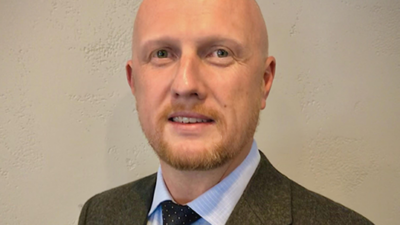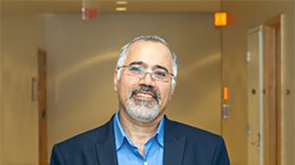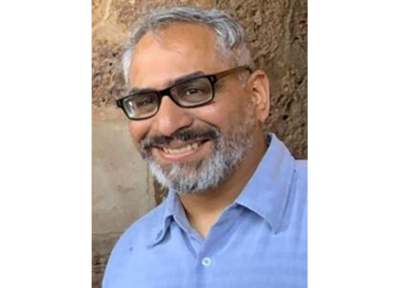Our faculty are thought leaders undertaking ground-breaking research around the most relevant issues facing humanity today. They are often asked to comment on issues impacting society and contribute to discussions on current events. Browse through recent media where LA&PS professors have been called upon for their expertise.












